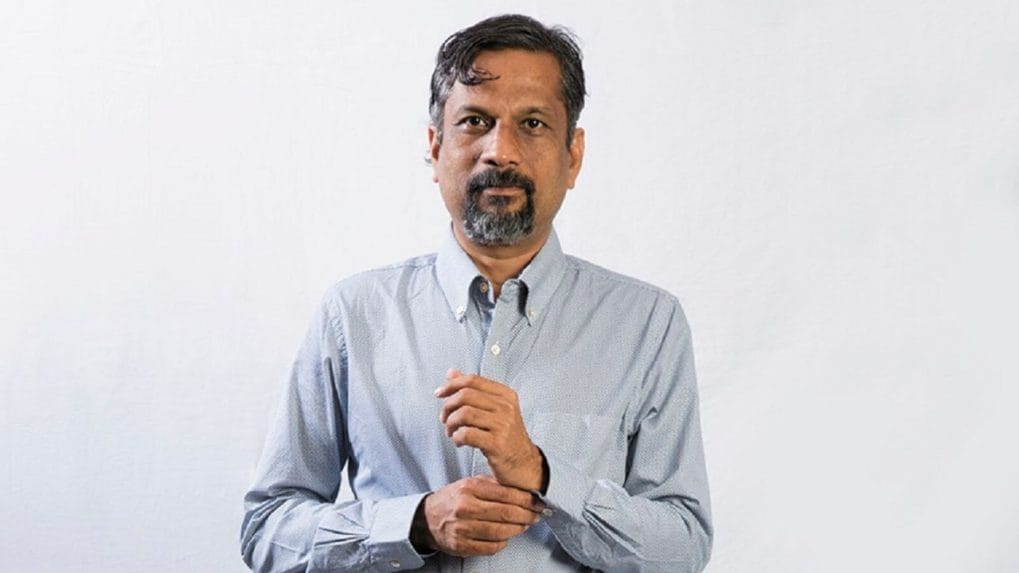Advertising
From Pink Slips to Silent Sidelining: Inside adland’s layoff and anxiety crisis

Zoho founder Sridhar Vembu has hailed the launch of India’s GST 2.0 as a landmark economic reform while taking a sharp dig at U.S. President Donald Trump, who had controversially described India and Russia as “dead economies.”
Cutting taxes to stimulate domestic demand, and encouraging investment in domestic production so the increased domestic demand creates employment - exactly the right mix. We could afford this mix precisely because our government has been generally prudent.
— Sridhar Vembu (@svembu) September 4, 2025
We will show them what… https://t.co/Eta56RyNBQ
Posting on X, Vembu wrote, “Cutting taxes to stimulate domestic demand, and encouraging investment in domestic production so the increased domestic demand creates employment - exactly the right mix. We could afford this mix precisely because our government has been generally prudent. We will show them what a "dead economy" looks like.”
Vembu’s remarks reflect the broader sentiment in India Inc, where leaders have welcomed the new two-tier GST framework as a milestone reform expected to ease household costs and boost economic activity.
Read More: Anand Mahindra urges ‘more reforms’ after GST overhaul; says 'faster reforms are surest way....'
Under the rationalised regime, effective September 22, most goods and services will fall under 5% and 18% slabs, while demerit products including pan masala, cigarettes and sugar-laden drinks, will attract a 40% levy. Essentials like food grains, fertilisers, footwear, textiles and renewable energy devices will benefit from lower taxes, while mid-use items such as televisions, air-conditioners and two-wheelers below 350cc move to the 18% slab.
Finance Minister Nirmala Sitharaman emphasised that the overhaul is designed not just for simplification but also to stimulate domestic consumption and job creation, signalling India’s economic resilience amid global tariff pressures and external skepticism.
From purpose-driven work and narrative-rich brand films to AI-enabled ideas and creator-led collaborations, the awards reflect the full spectrum of modern creativity.
Read MoreLooking ahead to the close of 2025 and into 2026, Sorrell sees technology platforms as the clear winners. He described them as “nation states in their own right”, with market capitalisations that exceed the GDPs of many countries.